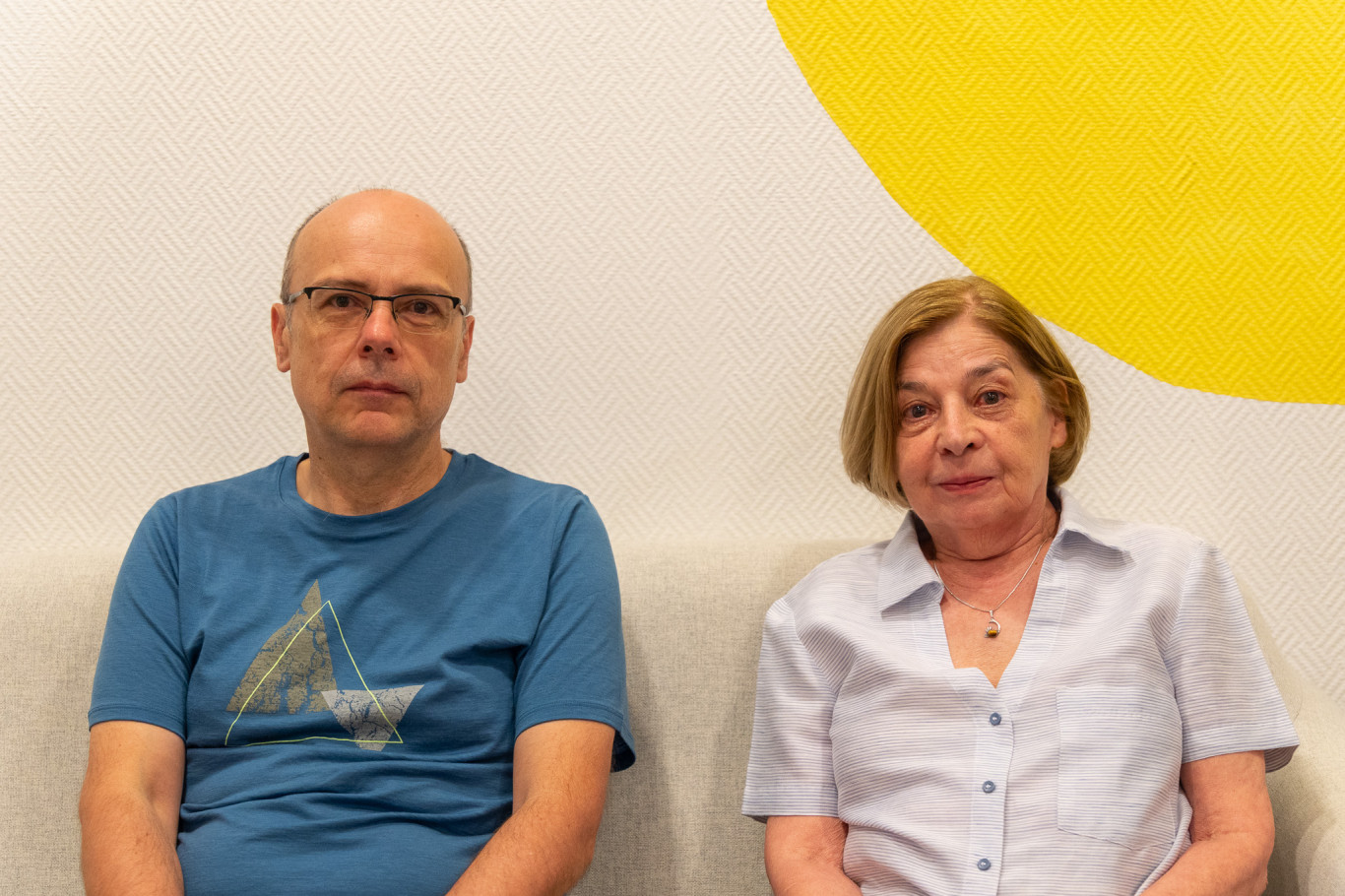KTI szeminárium: T.4.23-as KTI szemináriumi szobában 2023.11.02-án, 13.00 órától.
Előadó: Szabó Bence
Cím: Passing with the Stars: Learning from Coworkers in Collaborative Jobs
Absztrakt:
How do workers learn from their peers in the workplace, especially when collaboration is essential? We investigate the mechanism of learning in a high-skill collaborative environment: elite male soccer. We start by confirming that players with peers of higher human capital (measured as their estimated transfer value potential) tend to experience higher future human capital. This is especially true in skewed environments — being together with stars is essential in learning. However, proximity is not enough, learning happens via interaction. We show that players with high exposure to peers — i.e. who play more minutes in games — will experience higher growth of their human capital. Once again being with stars is additionally helpful. Finally, we show that beyond minutes on the pitch interaction — passing — is where massive gains can come from. All results are especially important for younger players. Importantly, the learning channel is mitigated by a correlation between exposure and team quality: it is harder to get exposure in better teams. This implies that in teams with better peers, learning may be hindered by limited exposure. This suggests that estimates to date might underestimate learning by missing exposure.









